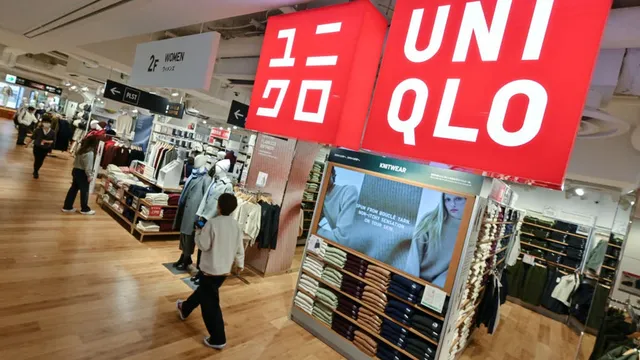
Uniqlo halts gig economy hiring amid employee rights controversy
2025-01-07 10:18- Three major retailers, Uniqlo, Gymshark, and Lush, have stopped hiring gig economy workers due to criticisms over employee rights.
- The Trades Union Congress (TUC) highlighted the lack of protections for freelancers compared to traditional agency workers.
- This shift in hiring practices aims to improve employee rights and ensure all staff receive necessary benefits.
Express your sentiment!
Insights
In recent months, several major retailers have made significant changes to their hiring practices in response to growing concerns surrounding employee rights in the retail sector. The Trades Union Congress (TUC) raised alarms over the practice of employing gig workers, who do not receive the same rights and benefits as regular agency workers, highlighting issues surrounding wage levels, rest breaks, and overall job security. This prompted Uniqlo to reassess its use of the Temper app for hiring freelance workers, stating that they would no longer source freelance labor for temporary store roles. Instead, they opted for direct hiring to ensure that all staff are entitled to applicable employment benefits. Similarly, Gymshark and Lush also halted the hiring of freelance workers through these platforms, following public and union pressure. Gymshark realized the need to align its employment practices with the standards of employee rights and welfare, reinforced by TUC’s advocacy. Lush, while having engaged fewer than six gig workers through such platforms, echoed this sentiment by affirming that they do not intend to utilize this method for hiring moving forward. This collective response illustrates the influence of public opinion and union advocacy in pushing for better treatment of workers within the retail sector. The actions of these retailers reflect a broader trend toward securing employee rights and addressing the growing scrutiny of labor practices associated with gig economy jobs. In particular, the TUC letter highlighted the discrepancy in rights afforded to gig workers versus traditional employees, catalyzing retailers to reassess their employment strategies. The commitment to ensuring that workers are treated fairly has gained momentum, spurred on by the argument that all workers deserve adequate protections and benefits regardless of their employment classification. As these changes unfold, the implications for the retail industry could be significant. Retailers will likely have to adapt their hiring practices continuously to ensure compliance with labor standards and expectations, thus affecting how they engage with their workforce. This pivot indicates a shift in the dynamics of the gig economy and its sustainability within traditional sectors such as retail, emphasizing the importance of equitable treatment of all workers.
Contexts
In the bustling heart of the city, a wave of change surged through the retail sector, driven by the gig economy. Independent contractors thrived, seeking autonomy and flexibility in their work lives. Freelancers chose their schedules and projects, leading to a richer work-life balance. For Maria, a freelance graphic designer, this new landscape allowed her to merge work with personal passions, creating art that resonated with her clients while enjoying precious time with her young son. Yet, the gig economy also presented challenges, particularly concerning workers' rights and protections. Many gig workers, like Maria, worked tirelessly without access to health benefits or job security. The allure of independence came with uncertainties, prompting her to question her stability amidst a backdrop of rising anxiety. The statistics echoed her concerns—a significant percentage of gig workers faced layoffs, a stark contrast to the traditional employment landscape. In New England, the narrative was similar. Between 2010 and 2014, gig economy jobs soared, accounting for a staggering growth in new employment opportunities. Traditional jobs, however, dwindled, revealing a clear shift in the workforce paradigm. This revolution wasn't confined to one region; it spanned across industries, reflecting a global trend. Despite the challenges, the gig economy's evolution offered hope. As companies adapted to prioritize flexibility, they attracted top talent eager to embrace a dynamic work environment. Maria dreamt of a day where both workers and corporations could find a harmonious balance, leaving behind the struggles while forging a path for a brighter, freelance-friendly future.